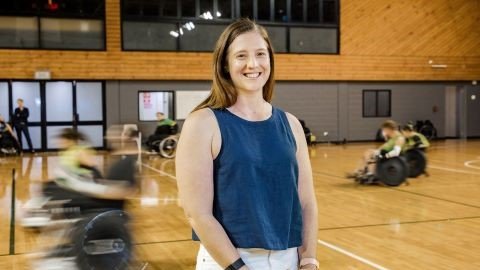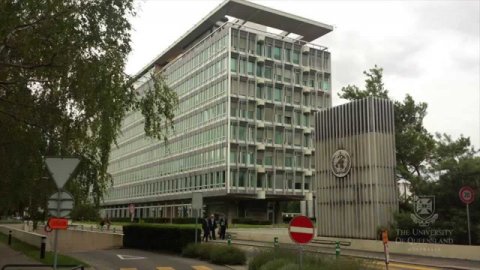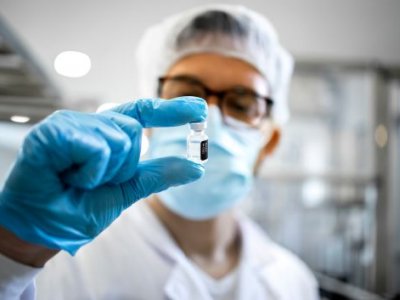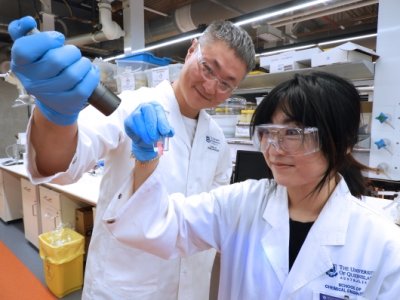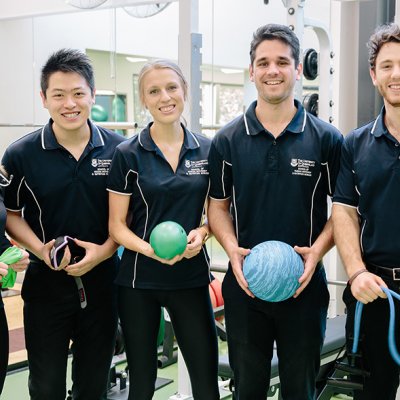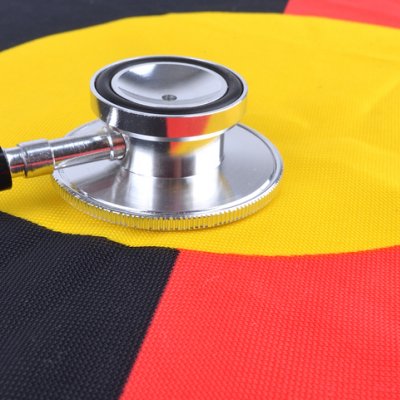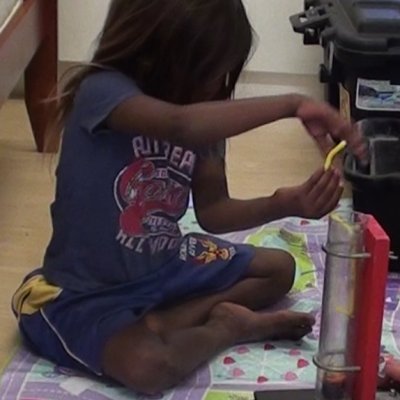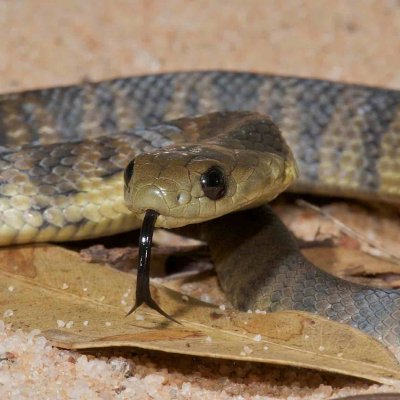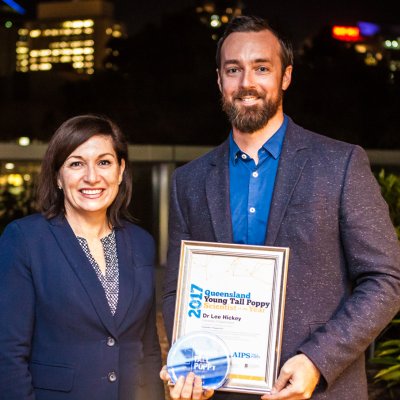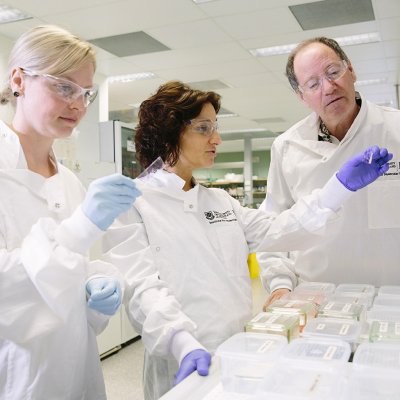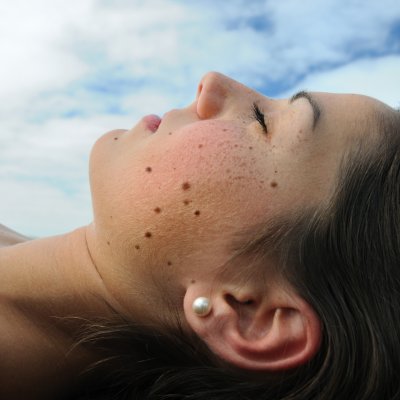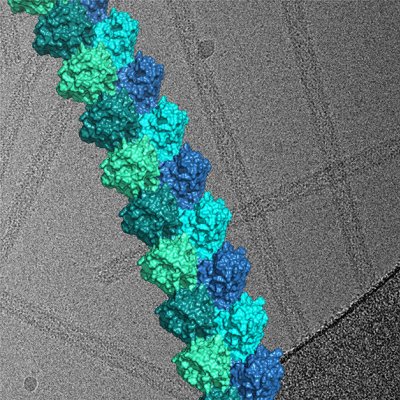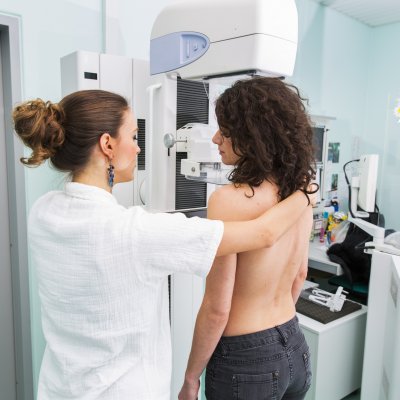The University of Queensland’s School of Human Movement and Nutrition Sciences has ranked among the best in the world for sport science for the second year in a row.
20 September 2017Unique data from the Tiwi Islands and trends in ages and causes of death shows that health outcomes for some remote Indigenous communities have improved at an astonishing rate.
15 September 2017Scientists are honing in on a potential treatment for osteoporosis, after performing the largest ever genetic study of the common age-related bone-thinning disease.
5 September 2017Children may have a greater understanding of how to innovate and problem solve than previously realised.
4 September 2017Minimising the impact of viruses upon the pig industry is a major objective of a $3.83 million grant to international scientific collaborators, including a team from Queensland.
30 August 2017Australian tiger snakes have “hit the jackpot” because prey cannot evolve resistance to their venom.
22 August 2017Grain research technology that will help combat food shortages stemming from climate change and a burgeoning world population have helped a young researcher claim the title of Advance Queensland Young Tall Poppy Scientist of the Year.
14 August 2017An international team of researchers has found a drug previously approved to treat breast cancer could also be used to shrink medulloblastoma, a common form of childhood brain tumour.
14 August 2017Testing for two gene mutations commonly associated with melanoma would be insufficient to determine whether a mole could turn cancerous, University of Queensland research has found.
11 August 2017Children as young as seven have the same capacity as adults to make judgements on the anti-social behaviour of others.
9 August 2017An “alarming” number of families do not stick to treatment plans for their children’s long-term health conditions – and UQ researchers are determined to help turn the trend around.
8 August 2017It’s said to be a “lightbulb” moment – when an idea pops into your head. The adult human brain often displays this kind of spontaneous activity – and UQ experts have uncovered how different early-life experiences can affect the nature of that...
4 August 2017Scientists have a better understanding of the immune system at a molecular level, thanks to UQ-led research that may now lead to a range of new treatments for disease.
2 August 2017Queensland researchers have discovered a new way to target a rare form of breast cancer, giving hope for improved treatment options.
1 August 2017Psychologists are working on ways to reduce the brain’s sensitivity to pain, with the aim of improving pain management techniques.
27 July 2017- ‹ newer articles
- 65 of 118
- older articles ›
